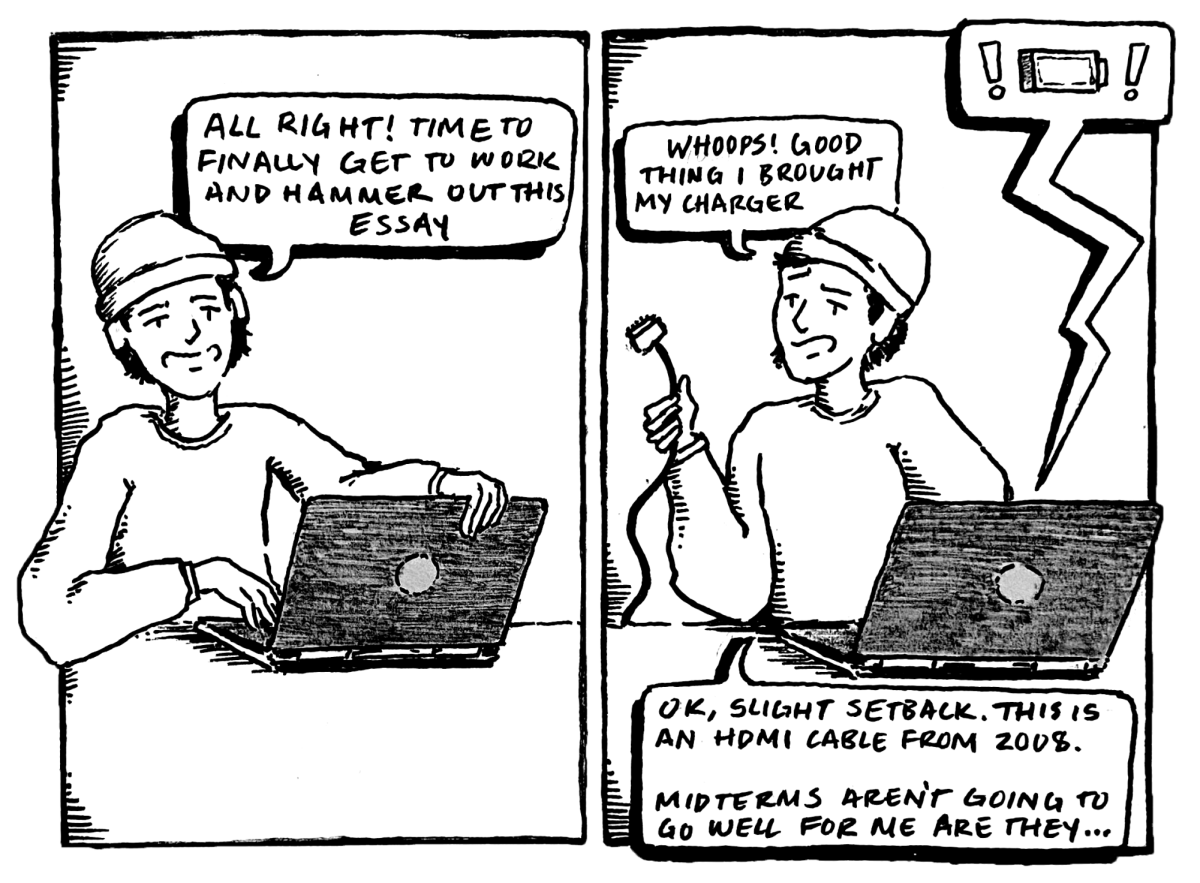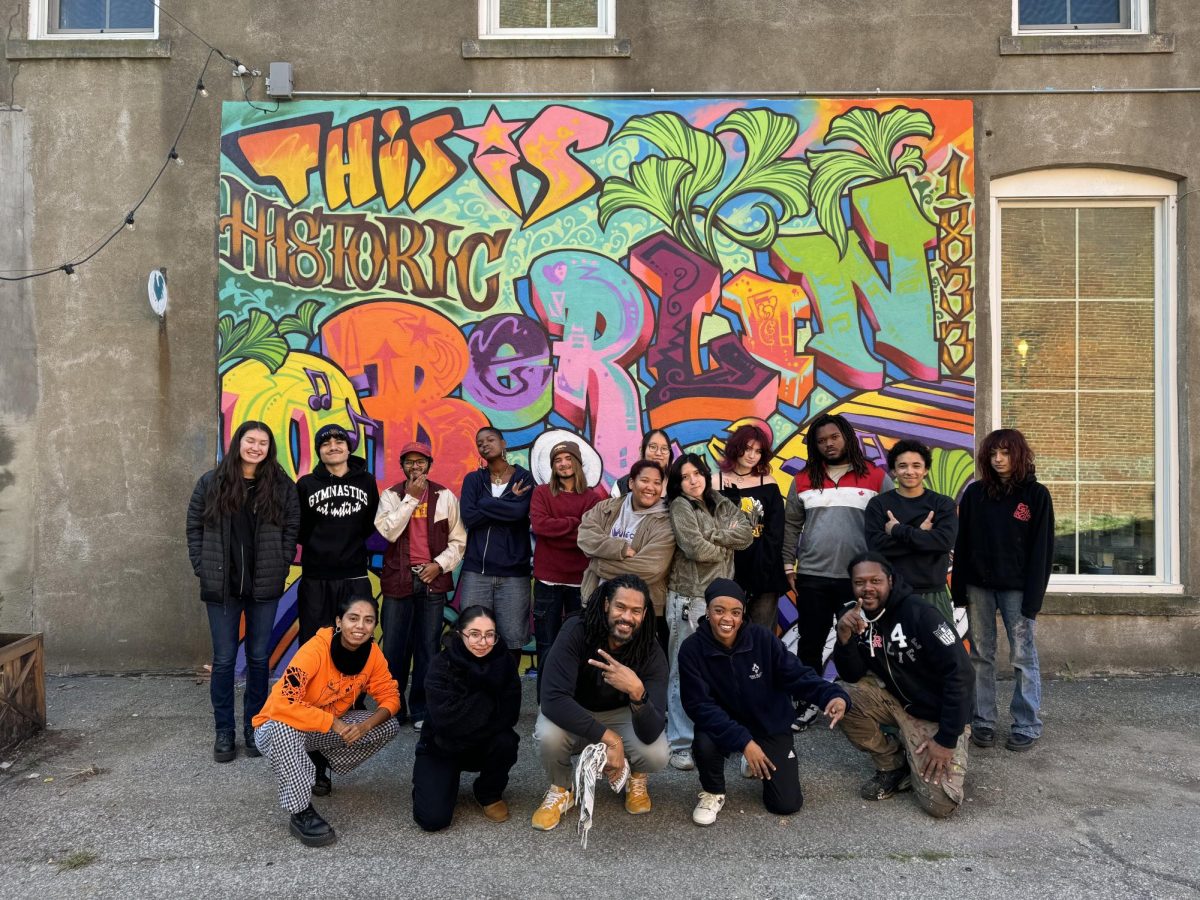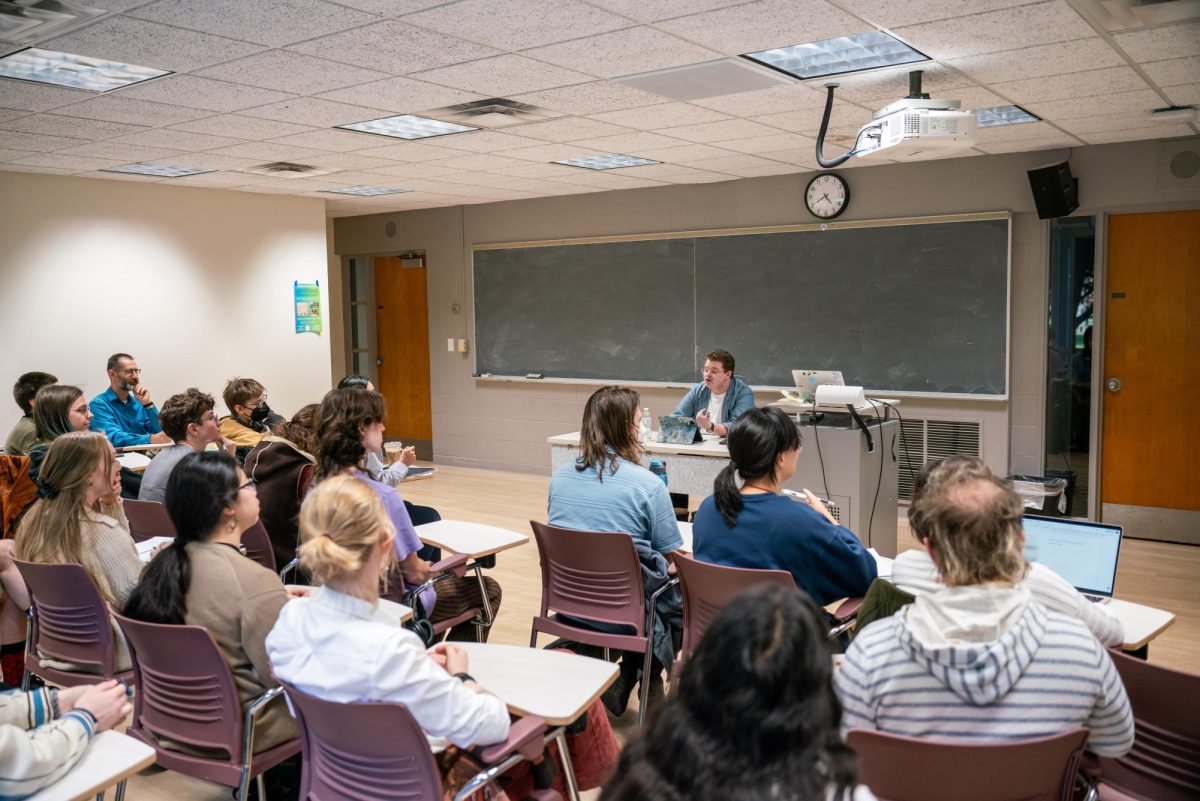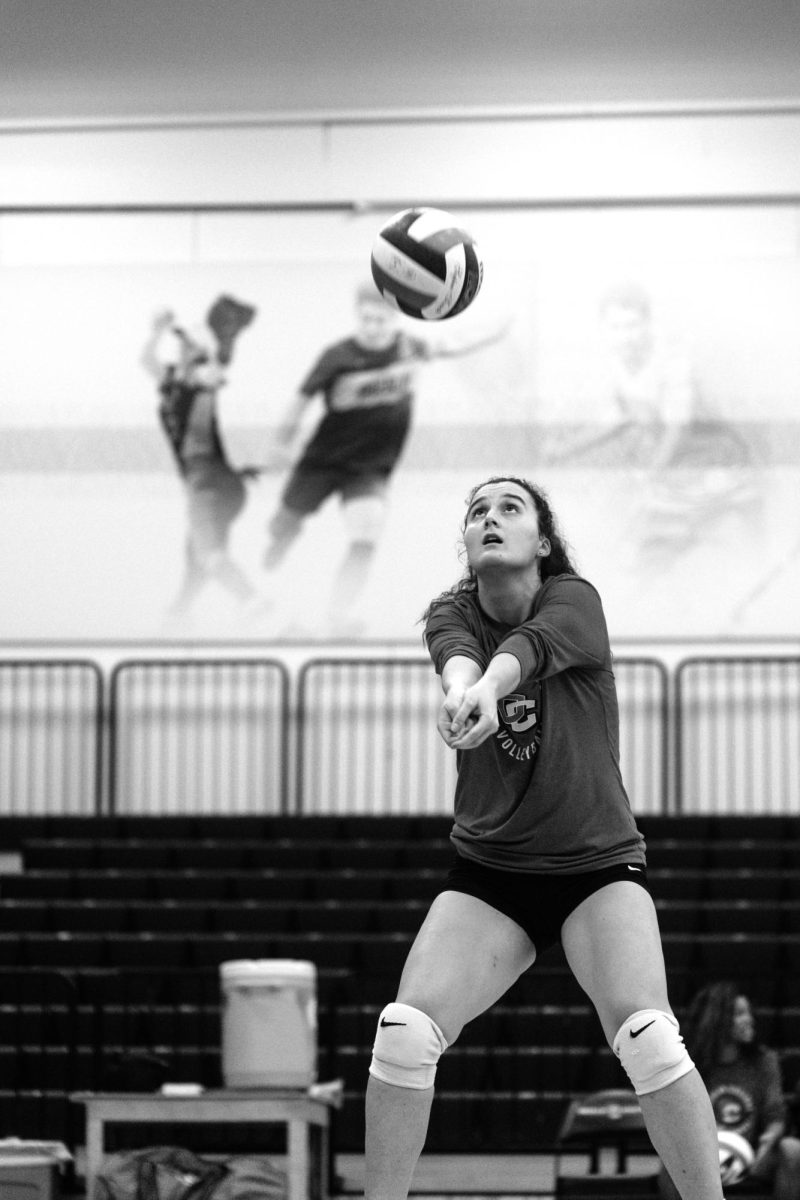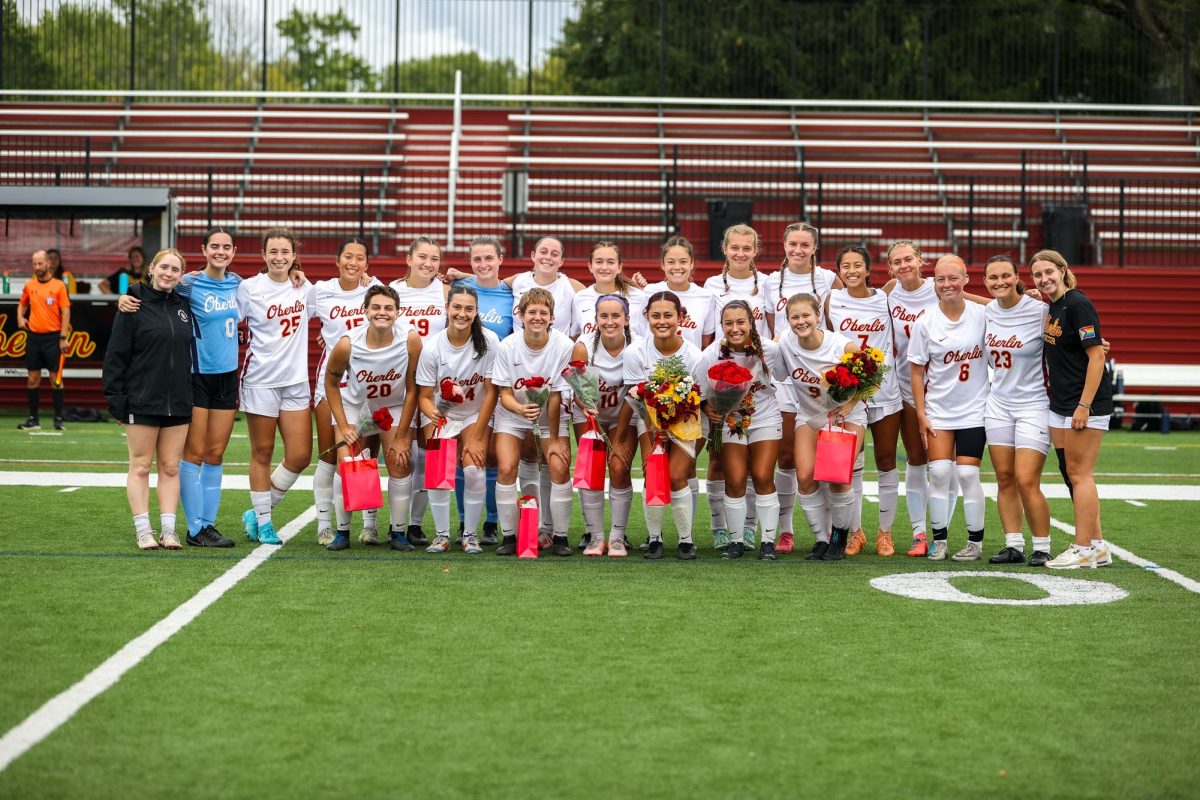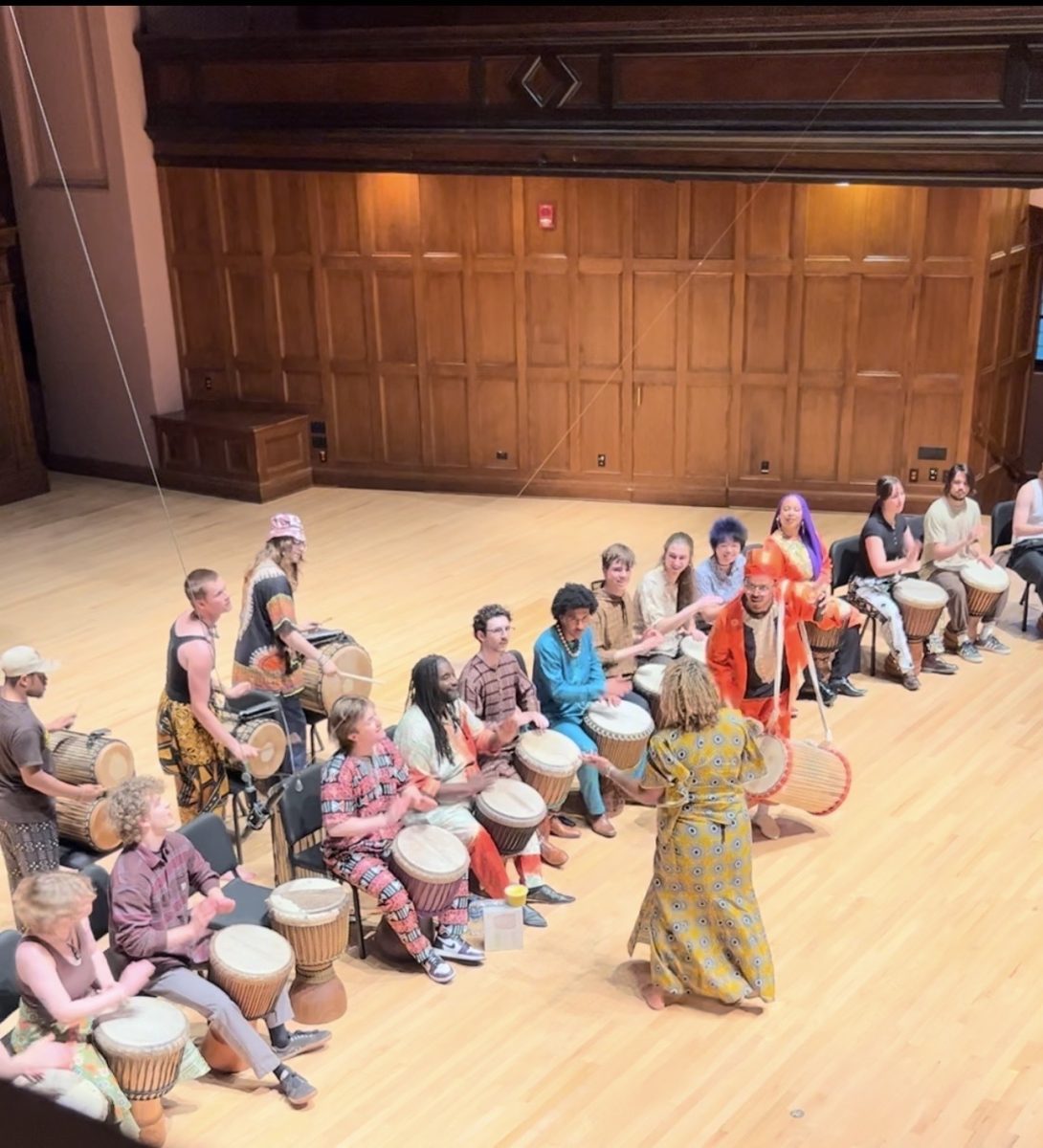Editorial: ObieTalk Useless If Obies Don’t Talk
May 4, 2012
Well, ObieTalk is all over the place. Where it used to exist mostly online and in the gossip-filled first-year dorm rooms, the anonymous forum has now been featured on the Oberlin blogs, on the front page of the Review, and was even the topic of a student forum facilitated by the Oberlin College Dialogue Center earlier today. After all this, it seems evident that the controversy swirling around the rise of bigoted posts on the site is sparking a long-overdue conversation about ObieTalk and the purpose of anonymous forums in general.
Naturally, fingers have been pointed — at Will Adams-Keane, for creating ObieTalk and not monitoring it closely enough; at the administration, for not blocking the site; at the site’s users themselves, for continuing to write on it. When it comes down to it, though, there’s no one place to lay the blame for what has been going on in ObieTalk’s anonymous forum. There is no straightforward, outright solution to faceless bigotry and prejudice, since it’s impossible to have a conversation or debate with someone about their opinion when they won’t put their name where their mouth is.
The Office of Communications has recently taken up the transformation of ObieTalk as its own cause, proposing more student involvement in site moderation and helping to facilitate open forums — all productive steps coming from people who obviously care about students’ well-being. The distinct uncomfortableness of the notion of the grownups having to get involved in schoolyard squabbles might be what it takes to get us to realize this: Ours is a tiny community where anonymity and intolerance should be, and for the most part are, incredibly difficult to pull off. But now, perhaps, a concrete image for the inadvertent audience will come to mind: our own deans and professors, people who live here and are affected by campus climate as much as students are.
It’s not a matter of trying to protect a reputation, it’s about learning what it would really take to act with integrity. We have the unique opportunity of experiencing a community where tolerance gets a fair shot at working most of the time. We have to engage in discourse the way we would want our leaders and politicians to; we have to be the real adults in the situation. And that means being held accountable for the cruel and false things we sometimes hastily say without thinking about the repercussions, and learning from the reactions that our words might cause in other people.
Why not stop looking at, stop posting on, stop gossiping about ObieTalk? Sure, there are some positive posts here and there — random compliments, advice and missed connections — but in general, the content is overwhelmingly negative. It seems inevitable that when names get posted, mean comments are going to follow. Working for the Review has given us a sense of what it’s like to be gossiped about, bashed and generally hated on by anonymous ObieTalkers, leading us to conclude that sometimes the only worthwhile response is to acknowledge the nature of the beast and move on from it. During our first years here, that was hard to realize. As seniors, it’s easier to see just how removed ObieTalk is from reality — since anonymous bigotry does not by any means fall under the category of free speech.
So let’s just talk to each other. Those useful bits of the site, the advice, commiseration and admiration — let’s do that in person. We think campus could become a much friendlier place when we’re not worrying about what judgmental thoughts are lurking in the people we pass, able to spin themselves into meanness amid a culture of “confidential” crassness. “Obies Talk.” It has a nice ring to it.
On an unrelated note: Due to unforeseen budget complications, we will not be printing any more regular issues or publishing new online content this spring. Thanks for reading, and we’ll see you during Commencement!








